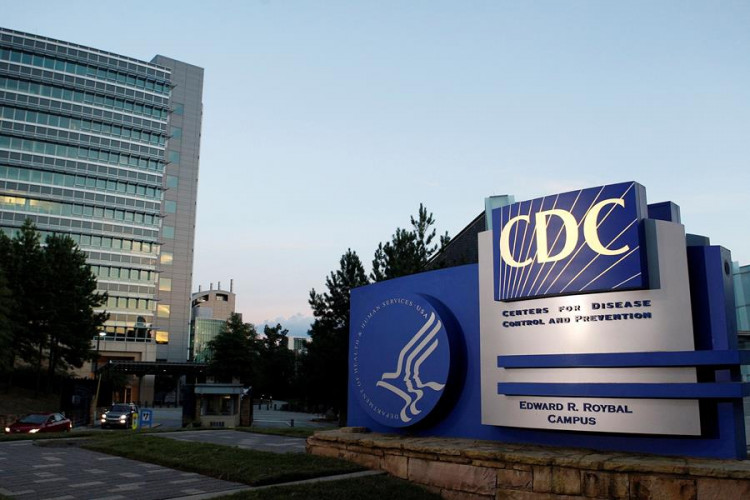One in every 31 children in the United States now receives a diagnosis of autism spectrum disorder by their eighth birthday, according to new data released Tuesday by the Centers for Disease Control and Prevention. This marks a significant increase over the past two decades-up from 1 in 54 in 2016 and a dramatic rise from 1 in 150 in 2000.
"The most striking piece of this is how unbelievably common presentations of autism are," said Zachary Warren, executive director of the Vanderbilt Kennedy Center's Treatment and Research Institute for Autism Spectrum Disorders. Warren attributed much of the rise to enhanced diagnostic practices and increased awareness among healthcare providers.
Boys are three times more likely than girls to be diagnosed, and the CDC also reported higher rates of autism among Black and Hispanic children compared with white children, potentially reflecting greater outreach and improved access to diagnostic resources within these communities.
Robert F. Kennedy Jr., Health and Human Services Secretary under President Trump, described the situation as an "autism epidemic," calling it a phenomenon that has reached "a scale unprecedented in human history." Kennedy further claimed autism is "preventable," and announced a "massive" research initiative to determine autism's root causes by September.
Kennedy's framing, however, has generated controversy among autism experts. Dr. Alex Kolevzon, clinical director of the Seaver Autism Center at Mount Sinai Hospital in New York City, rejected the "epidemic" characterization. "Parents shouldn't panic," Kolevzon said. "We're not seeing an epidemic with autism."
Dr. Kolevzon emphasized that extensive international research has conclusively debunked the theory-frequently promoted by Kennedy-that childhood vaccines, particularly the measles, mumps, and rubella (MMR) vaccine, are linked to autism. Despite scientific consensus against any vaccine-autism connection, the claim continues to affect vaccination rates across the country.
"There's a lot of things that we do not understand as of yet about autism, but one thing for certainty is that vaccines do not cause autism," Kolevzon stated. He noted ongoing declines in immunization rates are contributing to outbreaks of preventable diseases, such as recent measles cases in Texas that have sickened hundreds and caused fatalities.
The CDC's findings are based on data collected in 2022 through its Autism and Developmental Disabilities Monitoring Network, surveying children from 16 sites across 14 states and Puerto Rico. Among four-year-olds, the prevalence was also notably high at 1 in 34 children, reinforcing early diagnosis as a crucial factor in reported numbers.
Genetics likely play a significant role in autism, Warren said, although he added the disorder involves complex interactions among possibly hundreds or thousands of neurogenetic factors. Researchers have yet to identify a singular cause, complicating efforts to formulate prevention strategies beyond improved diagnostic practices.






